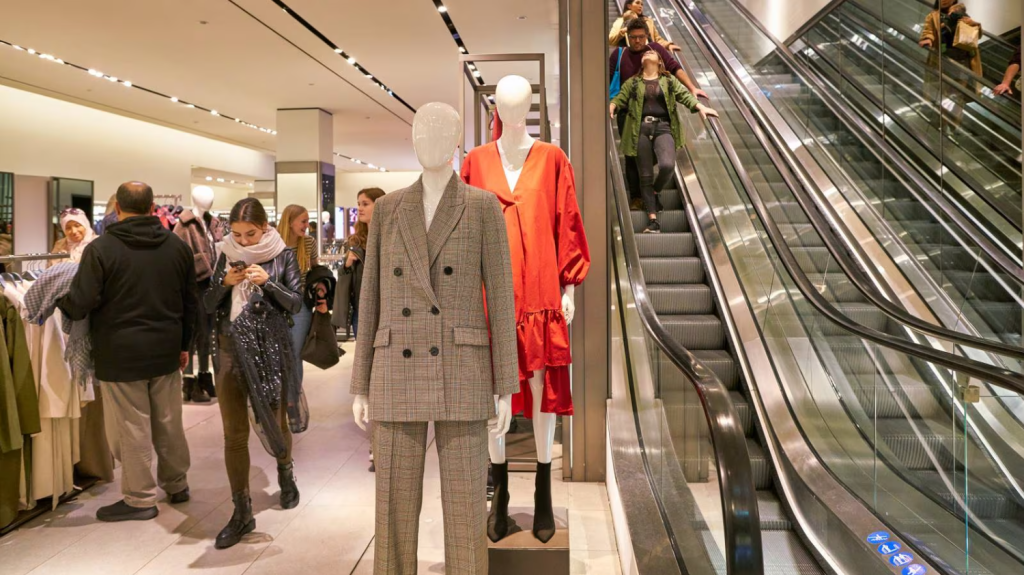In the age of Amazon’s Alexa and Google Assistant, it seems like technology can read our minds. But can it really predict what we’ll buy next? Artificial intelligence (AI) is making waves in the retail industry, with companies using it to personalize recommendations, optimize pricing, and even predict what customers will buy before they even know it themselves. But how accurate is this technology, and what are the ethical implications of using it to influence our purchasing decisions?

The Rise of AI in Retail
AI is being used in retail in a variety of ways, from chatbots that answer customer questions to algorithms that recommend products based on a customer’s past purchases and browsing history. Some companies are even using AI to predict what customers will buy before they even enter a store, based on their location and demographic data.
One example is Amazon’s “Anticipatory Shipping” program, which uses AI to predict what customers are likely to buy and ships those items to local warehouses in advance, so they can be delivered more quickly. This program has helped Amazon to reduce shipping times and improve customer satisfaction.
How Does AI Predict What We’ll Buy?
AI makes predictions about what we’ll buy by analyzing large amounts of data, such as our past purchases, browsing history, demographics, and even social media activity. This data is then used to train algorithms that can identify patterns and make predictions about future behavior.
For example, if you’ve bought a lot of running shoes in the past, an AI algorithm might predict that you’re likely to buy a new pair soon. Or, if you’ve been looking at a lot of articles about home improvement on your phone, an AI algorithm might predict that you’re planning to renovate your kitchen and start recommending products accordingly.
How Accurate is AI Prediction?
The accuracy of AI predictions in retail can vary depending on the quality of the data being used and the sophistication of the algorithms. However, some studies have shown that AI can be quite accurate in predicting what customers will buy.

For example, one study found that an AI algorithm was able to predict what customers would buy with 70% accuracy, based on their past purchases. This suggests that AI has the potential to be a valuable tool for retailers who want to personalize their offerings and improve customer satisfaction.
The Ethical Implications of AI in Retail
While AI has the potential to be a powerful tool for retailers, there are also some ethical concerns about its use. For example, some critics worry that AI could be used to manipulate customers into buying things they don’t need or can’t afford. Others worry that AI could be used to create discriminatory pricing or marketing practices.
It’s important for retailers to use AI responsibly and ethically. They should be transparent about how they’re using AI data and make sure that customers have control over how their data is used. They should also avoid using AI in ways that could discriminate against or harm customers.
The Future of AI in Retail
AI is still in its early stages of development in the retail industry, but it has the potential to revolutionize the way we shop. In the future, we can expect to see even more personalized recommendations, targeted advertising, and even AI-powered shopping assistants that can help us find the perfect products.
However, it’s important to remember that AI is just a tool. It’s up to us, as consumers, to be aware of how it’s being used and to make sure that it’s used responsibly.
So, can AI predict what we’ll buy? The answer is yes, but with some caveats. AI can be a powerful tool for retailers, but it’s important to use it responsibly and ethically. As we move forward, it will be important to find a balance between the benefits of AI and the need to protect consumer privacy and prevent discrimination.

In addition to the points mentioned above, here are some other interesting things to consider about AI in retail:
- AI is being used to develop new ways to track customer behavior in stores, such as using facial recognition technology to see how customers interact with products.
- AI is being used to create virtual reality and augmented reality experiences that can help customers visualize how products would look in their homes or on their bodies.
- AI is being used to develop chatbots that can answer customer questions and provide product recommendations.
The use of AI in retail is still evolving